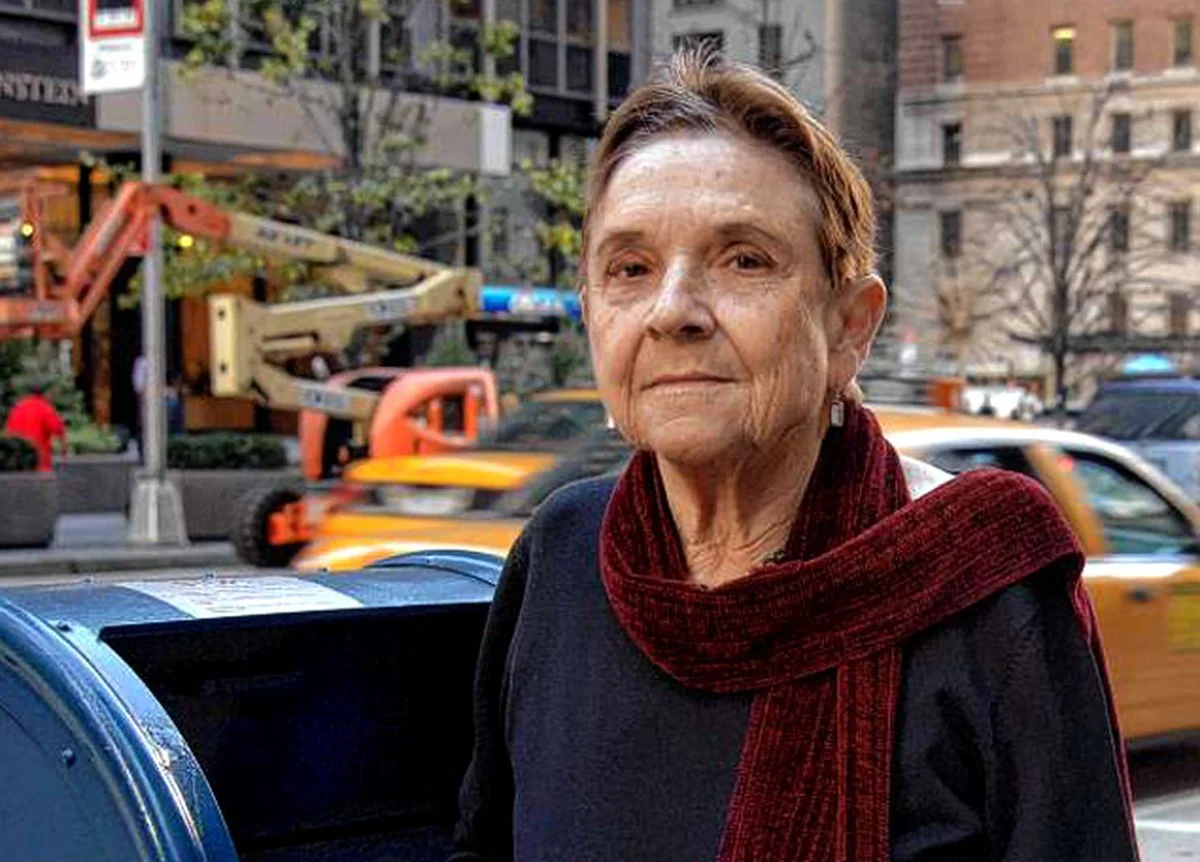A sense of restraint is visible in her early poems, three of which are reprinted on the following pages from their original Advocate publication in 1950-51. Much of the writing is quiet and formal; it seems to echo Rich’s early influences, such as Robert Frost. Her verse, though evocative and lithe, is marked by a controlled and formal precision. As he praised her poems as “gently and modestly dressed,” Auden just as graciously noted in his introduction to the Yale Younger Poets’ Prize that her pieces “respect their elders but are not cowed by them.” Rich was consciously attempting to fit her voice into the model that had been given to her.
Yet Rich’s early poems are striking in their urge to discover what lies beyond the limits. Each line pulses with the recognition that something does lie beyond: a “whisper of a shade,” a “live thing” shivering, an uneasy moth exploring the “edge of light.” Her pressurized pentameter holds an energy that will eventually burst in her later poems, propelling her style beyond its metrical container. Rich’s Advocate poems are harbingers of her career to come.
Years later, when Rich wrote “Twenty-One Love Poems,” an expansive series describing her relationship with another woman, the same voice appears to move more freely. The female of Rich’s poetry is no longer confined to her dark room. Instead, she asserts her identity, walks an astonishing spectrum of pleasure and pain, and stands in life’s direct path. The uneasy moth near the night-lamp is gone, replaced by a narrator who is ready to declare: “I choose to be a figure in that light.”
